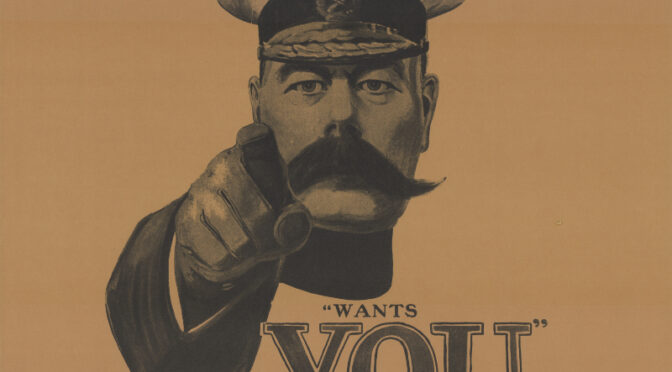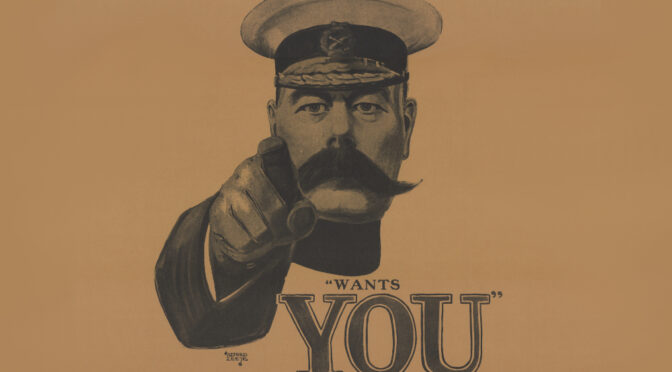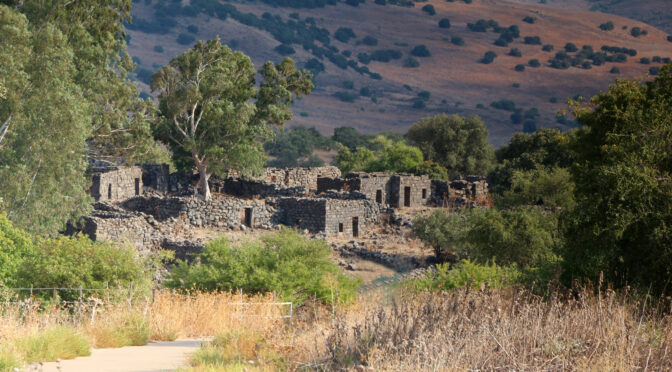Article published in The Daily Telegraph, 22 August 2019. © Richard Kemp
GCSE results day is a time of celebration or sorrow for thousands of teenagers. It is also a day exploited by various NGOs and activists to have a go at the Army, who they accuse of luring disappointed 16-year-olds to sign up. True to form, this year it was the turn of Child Rights International Network to publish their report on results day.
CRIN say they’re worried about children’s rights being infringed by the opportunity to join the forces. But their real anti-military motive is betrayed in their press release that says young people “deserve better: meaningful civilian opportunities for education and employment”.
There can be few better opportunities for 16-year-olds, especially those from impoverished backgrounds who lack academic prowess, than junior military service that takes them seamlessly through education to life-long employment if they want it. The Army is the biggest apprenticeship provider in this country. But how would CRIN have a clue about this? I doubt any of them have served. They are Left-wing university graduates who could not contemplate the challenges facing youngsters lacking the advantages they themselves enjoyed.
I was once a junior soldiers’ instructor, part of a training regime that provided a unique grounding in discipline, leadership, sports and education leading to real academic qualifications, as well as full combat skills. Our young recruits took part in adventurous training activities including white water rafting, mountaineering and parachuting. Mentally and physically pitting themselves against the elements, the incalculable long-term benefits for a youngster’s Continue reading









